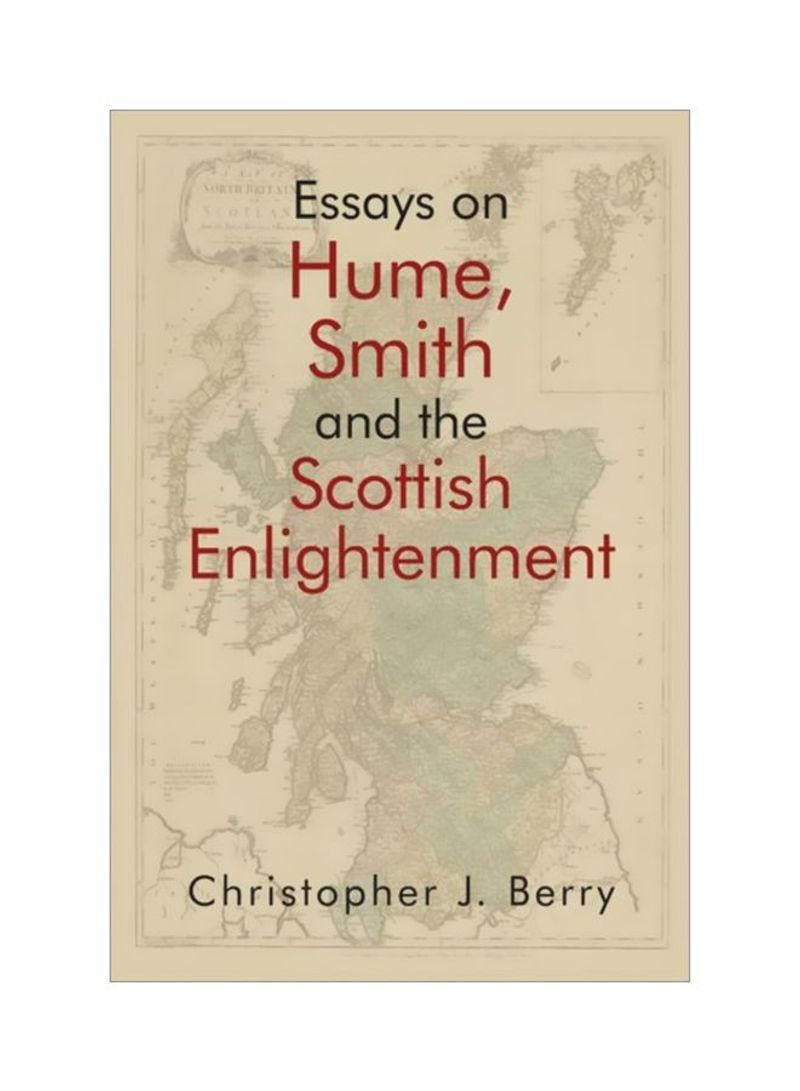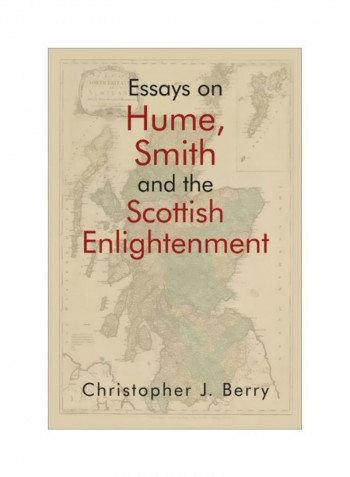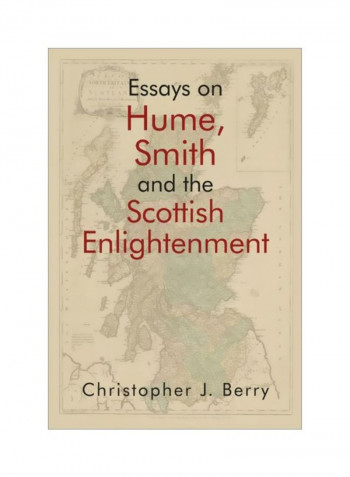Essays On Hume, Smith And The Scottish Enlightenment Hardcover
Recommend
Sort by
Rating
Date
Specifications
Grade
New
Author 1
Christopher J. Berry
Book Description
This collection of essays by Christopher J. Berry spans several decades and multiple shifts across Scottish Enlightenment, Hume and Smith studies. It brings together classic essays some of which are difficult to find with 3 new pieces, which cumulatively constitute a distinct interpretation. Clustered around the themes of sociability, the Humean science of man and the Smithian engagement with commerce and morality, these collected works will be of considerable value to those working in political philosophy, the history of ideas and the history of economic and social theory. Also included is a substantial introduction which, alongside Berry's personal intellectual history, provides a commentary on the development of the study of the Scottish Enlightenment.
ISBN-13
9781474415019
Language
English
Publisher
Edinburgh University Press
Publication Date
30-Jun-18
Number of Pages
304
About the Author
Chris Berry is Professor Emeritus of Political Theory at the University of Glasgow, which he joined from 1970, from the LSE where he completed his doctorate. He is best known for his work on the Scottish Enlightenment and on the idea of luxury. He has given invited keynote lectures on these themes in China, Japan, Chile, the US and in Europe. He is an elected Fellow of the Royal Society of Edinburgh.
Editorial Review
Christopher Berry's Essays on Hume, Smith and the Scottish Enlightenment delivers a 'big idea' on what Scottish enlightenment thinkers collectively sought to achieve. This collection of essays will certainly interest specialists in the field and is highly recommended as a key teaching source for postgraduate seminars on the Scottish enlightenment.--C. B. Bow "Scottish Historical Review " With unfailing clarity, Berry helps to illuminate and untangle many issues that have often been obscured, rather than clarified, by existing scholarly treatments. --Paul Sagar "The European Journal of the History of Economic Thought "



